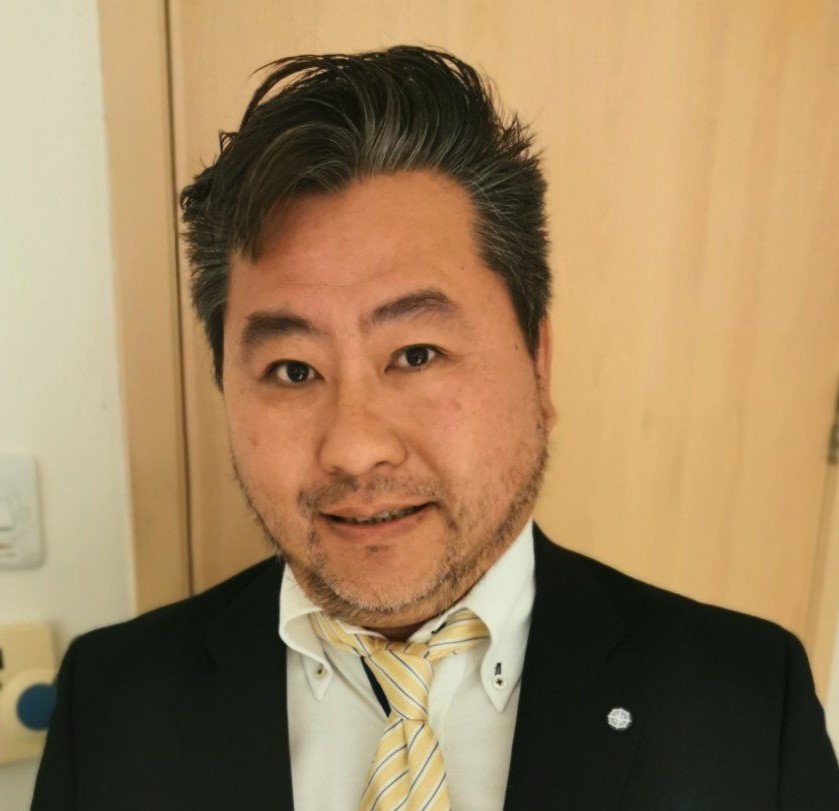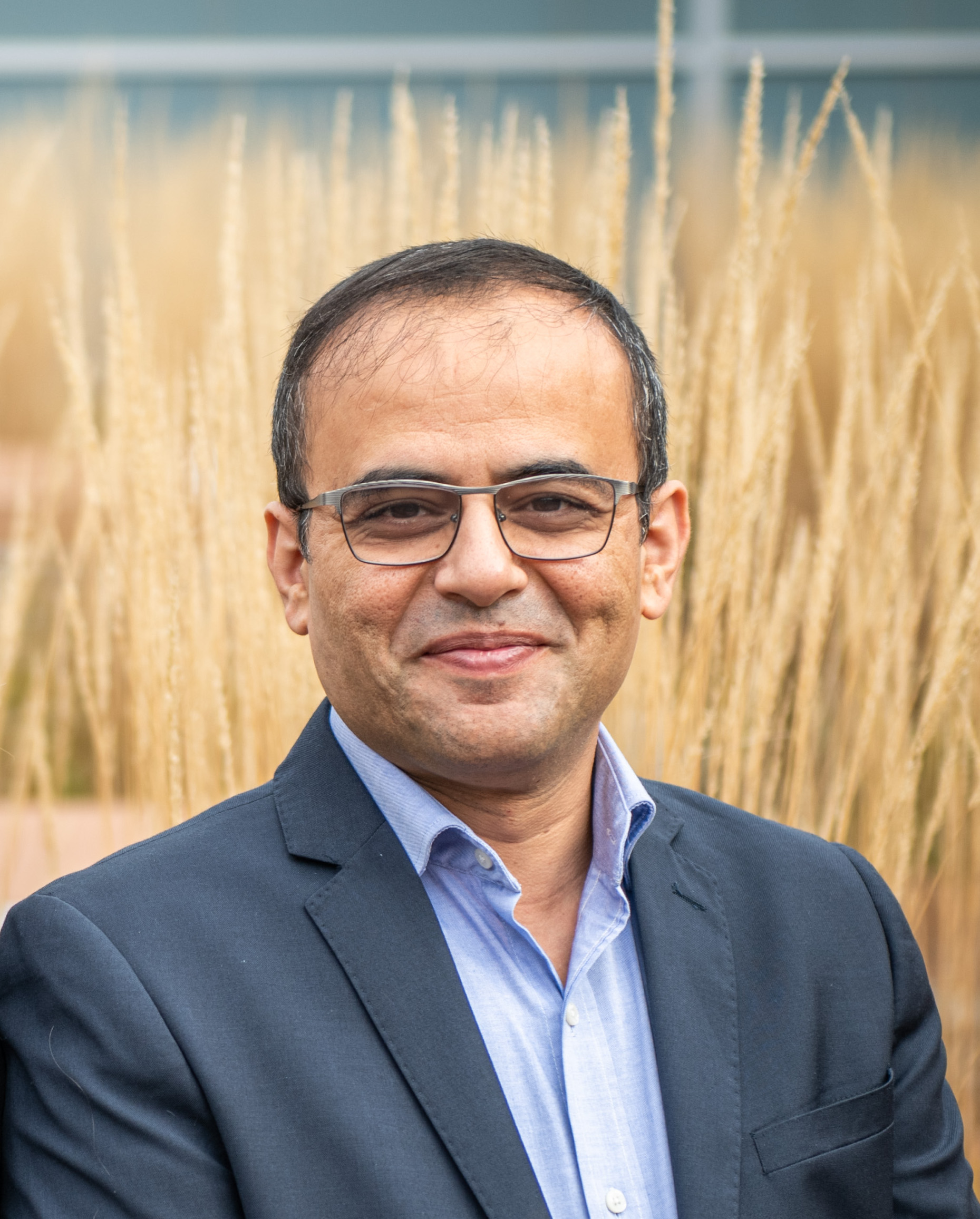Plenary Speaker Details
Prof. Jin-Song Dong
Professor and Deputy Head
National University of Singapore
Plenary Talk-1
Title:Trusted AI and Reasoning beyond ChatGPT+
Date:23-01-2024
Time: 02.00 p.m to 3.00 p.m
Abstract
Machine Learning (ML) systems have become increasingly integral to safety and security-critical applications. However, a significant challenge arises from the inherent lack of explainability and verifiability in many ML systems. Our recent research has focused on addressing this issue through the development of a Trusted ML system. The initial segment of this presentation delves into the "Silas: Trusted Machine Learning System," an initiative that seamlessly integrates open machine learning with formal automated reasoning (www.depintel.com). In the subsequent part of the discussion, we explore the reasoning capabilities of ChatGPT+ (encompassing ChatGPT3.5 and GPT4). Specifically, we discuss the approaches to link ChatGPT with formal reasoning techniques, aiming to establish a framework for trusted decision-making.
Speaker Profile
Dr. Jin-Song Dong is a professor and deputy head of the Computer Science Department at the National University of Singapore. His research is in the areas of formal methods, safety and security systems, probabilistic reasoning, sports analytics, and trusted machine learning. He co-founded the commercialized PAT verification system which has attracted thousands of registered users from 1000+ organizations in 150 countries. He also co-founded “Silas: Trusted Machine Learning” (www.depintel.com). He received several best paper awards including the ACM SIGSOFT Distinguished Paper Award. Jin Song has been on the editorial board of ACM Transaction on Software Engineering and Methodology, Formal Aspects of Computing, and Innovations in Systems and Software Engineering, A NASA Journal. He has successfully supervised 28 PhD students and many of them have become tenured faculty members in leading universities around the world. He is a Fellow of the Institute of Engineers Australia. In his spare time, he developed Markov Decision Process (MDP) models for tennis strategy analysis in PAT and helped professional players in their pre-match analysis (beating the world's best). Jin Song is also a Grand Slam junior coach and enjoys coaching tennis to his 3 kids who all reached the #1 Singapore/Australia national junior ranking.
Prof. Bessam Abdulrazak
Professor University of Sherbrooke, Canada
Visiting Professor, IInstitute Mines-Telecom, France
Plenary Talk-2
Title:From IoT to Smart environments: A New Trend to Promote Healthy Aging
Date:24-01-2024
Time: 02.00 p.m to 03.00 p.m
Abstract
Smart environments, including Smart houses, hospitals, neighborhood and cities are augmented environments capable of utilizing the Internet of Things (IoT), embedded computers, information appliances, micro/nano systems and multimodal sensors, in which advanced computational intelligence is ubiquitous to provide contextual, proactive and personalized services. These smart environments allow people to perform tasks efficiently by offering unprecedented levels of access to information and assistance. In the near future, older adults and people with disabilities will avail of smart assistive technology to assist in carrying out daily activities, socializing, enjoying entertainment and leisure activities all while maintaining good health and well-being. Combined with artificial intelligence and ubiquitous technologies in smart environments, health telematics can radically transform the way health-related services (diagnosis, therapy and assistance) are conceived and delivered. For a more optimal medical intervention, the results of medical laboratory tests can be enriched by objective user behavior data, captured by IoT/Smart environment facilities. In this talk, Dr. Abdulrazak will give an introduction to various interdisciplinary research and development activities in this field at the Ambient Intelligence Laboratory (AMI-Lab), Quebec, Canada and the Insitut Mines Telecom, France. The applications range from Assistive Home Environment for older adults and smart retirement facilities, to self-reported data for monitoring medical interventions. Numerous of these technologies aim at being used either inside or outside (home, retirement communities, community clinics, on the street, etc.) .
Speaker Profile
Dr. Abdulrazak is a full professor of Computer Sciences at the University of Sherbrooke (UdS / Québec - Canada), director of the Ambient intelligence Laboratory (Ami-Lab), director of the research center on smart habitats, researcher at the Research center on Aging (CdRV), and researcher at the Interdisciplinary Center for Research in Health Informatics (CIRIUS). Before that, he spent three year as postdoctoral fellow at the university of Florida (UF-USA). He received a PhD of computer science from Telecom SudParis (France), a MSc in Robotics from the Université Pierre et Marie Curie - Paris VI (UPMC / France), and a BSc engineering in Electronics from the University of Sciences & Technology Houari-Boumediene (USTHB /Algeria). His research interests include Context-Awareness, Internet of Things (IoT), Ambient Intelligence, Ubiquitous and Pervasive Computing, Smart City, Human-Computer Interaction, Digital health, Gerontechnology and Assistive Technology. One of the specificities of his research work is that it does not stop at the level of development of IT solutions, but also covers deployment and evaluation in the field. His target is to make a real impact on the field by collecting and studying real data that reflects the reality of the targeted environments. He is a cofounder of the International Conference On Smart Living and Public Health (ICOST). He has published more than 200 academic articles, and served on numerous conference/ journal committees related to his research interests.


